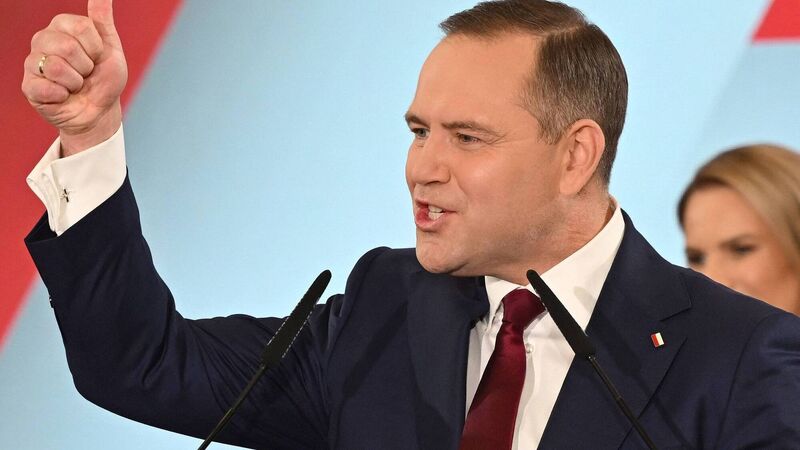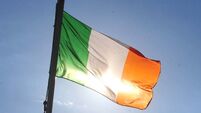Maria Walsh: Polish election result shows we cannot take trust in Europe for granted

Poland's newly elected president Karol Nawrocki: 'With his Maga-style politics and growing nationalist platform, he resembles a number of other right-wing populist leaders elected in recent years.' Picture: Mateusz Slodowski/AFP via Getty Images
Earlier this month, Poland elected Karol Nawrocki as its new president as he edged out his opponent by the narrowest of margins in a record-breaking 73% voter turnout.
His defeat of liberal Warsaw mayor Rafał Trzaskowski stands in stark contrast to the centrist coalition currently governing in Poland’s parliament — and could signal a pivot backwards in one of the EU’s most strategically important member states.













